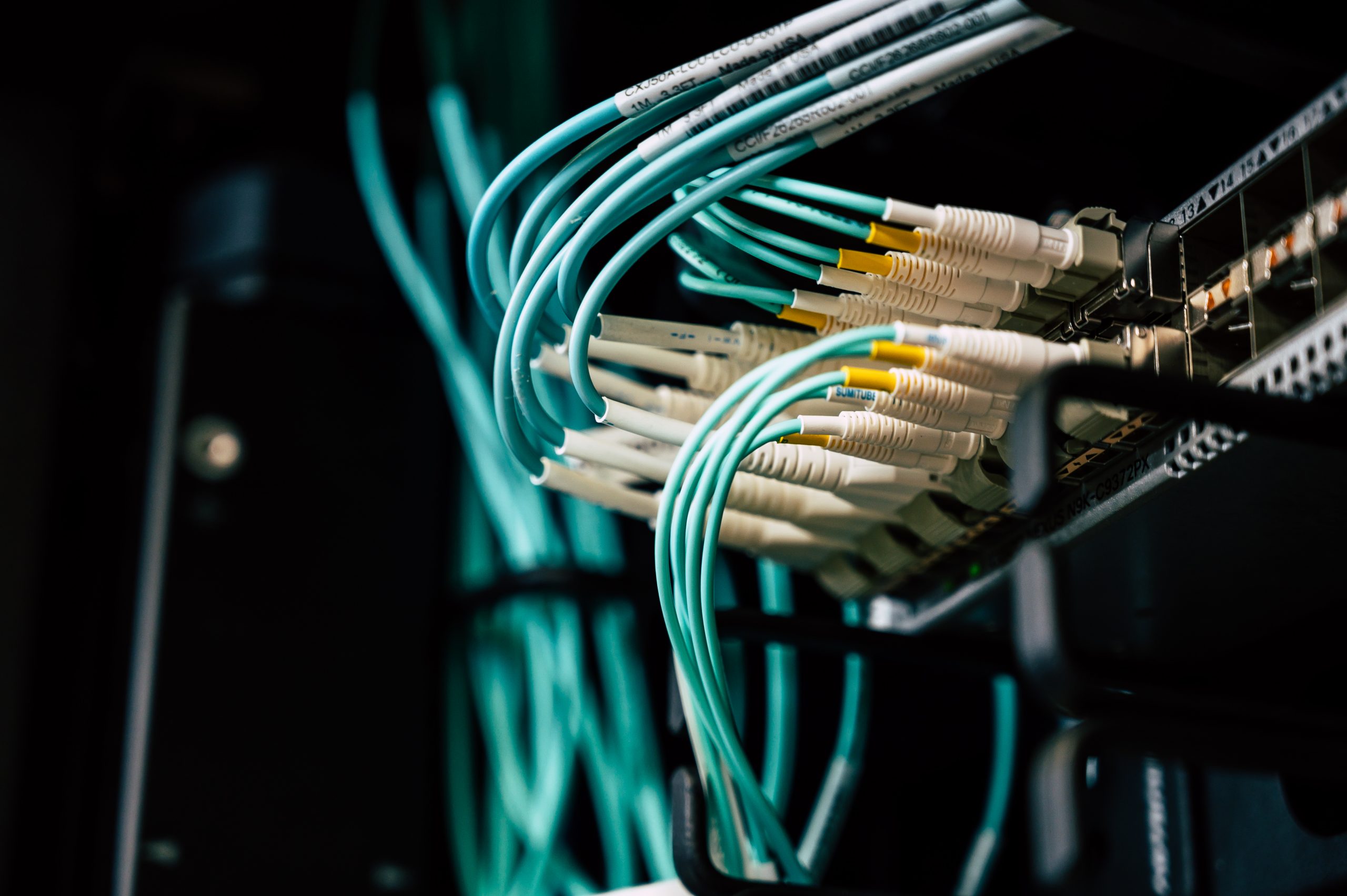
Tech giant Google has announced plans to construct a new transatlantic data cable which will connect the US, UK, and Spain.
According to Google, the proposed transatlantic data cable connecting the US, UK, and Spain, will incorporate new technology, which it claims is a significant upgrade to older existing lines.
Grace Hopper undersea network cable
The Google project, dubbed "Grace Hopper" after an American computer scientist and naval rear admiral, is scheduled to be completed by 2022. The cable, which is Google's fourth privately owned undersea cable, will hit the UK at Bude in Cornwall.
Underwater data cables are considered a vital part of global communication and according to estimates by Google, they carry around 98% of the world's data.
These cables are usually built by communications firms and are typically funded by a group of these companies pooling resources. They will then charge other companies who want to use them.
Jayne Stowell, who oversees construction of Google's undersea cable projects, mentioned that the tech firm needed an internet connection that could be relied upon.
Stowell explained: "It's not enough to have a single cable because any element in the network can break from time to time, and if it's 8,000 metres under the sea, it takes a while to repair."
coro from telecoms analyst IDC mentioned that Google needs "an ever-increasing amount of transatlantic bandwidth".
He said: "Building its own cables helps them choose cable routes that are most optimal. It also minimizes operational expenditure by reducing the need to pay telcos and other third-party cable owners for the use of their infrastructure."
An upgrade from older cables
The first ever transatlantic telecommunications cable was built in 1858 and bridged the UK and the US via telegraph. Currently, there are approximately 750,000 miles of cable already running between continents to address the demand for communication and entertainment.
These cables need to withstand major hazards, including earthquakes and heavy currents, and could last around 25 years.
However, Ms. Stowell said some of the transatlantic cables are "going out of service and we need newer, better and more sophisticated technology".
"It served its need and purpose at the time, but it's old generation," she said.
Discussing the lack of a plan by Google to build a cable that lands in mainland China, where the government restricts its services, Stowell mentioned that the company plans to build one in the foreseeable future.
She explained: "We understand, being an American company, and understand the legalities of what we must abide by."
However, she pointed out that the Asian market was larger than China.
She also addressed the growing concern regarding the possibility of two internet systems in the future, one controlled by the West and the other by China.
Ms. Stowell said: "The world wide web is dependent upon interconnected networks. One would hope networks would be regarded as neutral and continue to interconnect."
Pandemic and Internet usage
Following the implementation of quarantine measures and lockdowns in various countries due to the Covid-19 pandemic, internet usage saw a dramatic surge worldwide.
Companies are continuing to look for ways to reach more consumers as the demand for high-speed internet also continues to increase globally.
Facebook announced in May that it is building a 37,000-kilometer undersea cable to supply faster internet to 16 countries in Africa. The project, scheduled for completion by 2024, is expected to deliver three times the capacity of all current undersea cables serving the continent.






